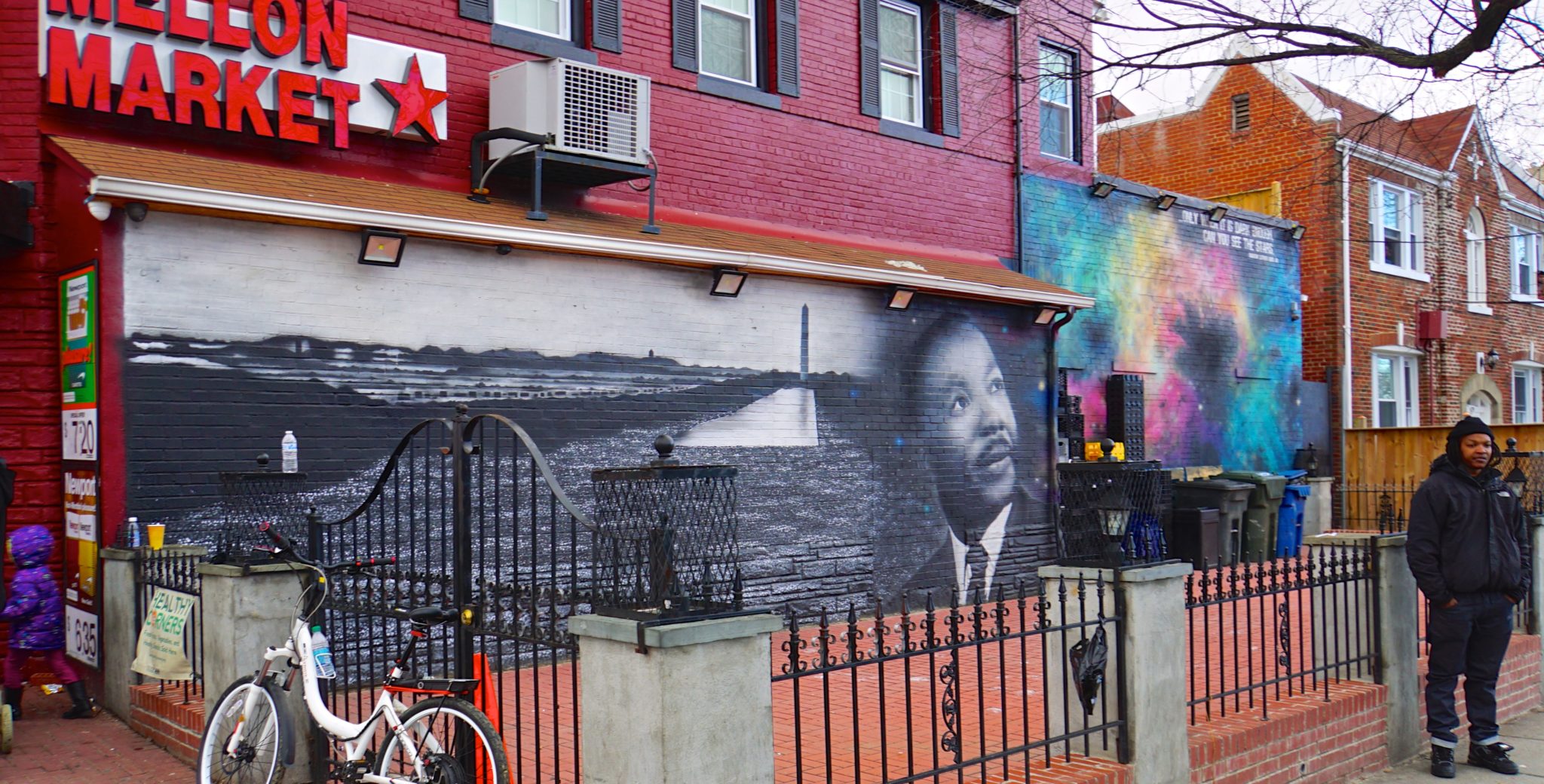
Racial Equity in Washington, D.C.
Despite continued economic growth, racial inequity in the District of Columbia have increased in recent years. An important contributor to these deepening disparities is a collection of longstanding practices that prevent communities of color from creating and accumulating wealth. Though these practices have historic roots, they are continued and reinforced by public and private actions in the present day.
The D.C. Policy Center, with support from the Consumer Health Foundation and the Meyer Foundation, is producing a series of publications examining racial inequities in D.C., ranging from housing to workforce practices. These projects seek to examine the roots of present-day inequities to help lay the groundwork for community-driven solutions.
The publications in this series include:
- Introduction from The Consumer Health Foundation and the Meyer Foundation
- Symposium: Achieving Racial Equity in Housing Outcomes in D.C.
- Tax Practices that Amplify Racial Inequities: the Property Tax Treatment of Owner-Occupied Housing
- Battling Racial Discrimination in the Workplace
- Applying a racial equity lens to fines and fees in the District of Columbia
- Building the ecosystem for Black women entrepreneurs in D.C.
Click here to read all D.C. Policy Center publications about racial equity.
What is Racial Equity?
In defining racial equity, we turn to the following definition from the W.K. Kellogg Foundation’s Racial Equity Resource Guide:
“Racial equity is the condition that would be achieved if one’s racial identity no longer predicted, in a statistical sense, how one fares. When we use the term, we are thinking about racial equity as one part of racial justice, and thus we also include work to address root causes of inequities, not just their manifestation. This includes elimination of policies, practices, attitudes and cultural messages that reinforce differential outcomes by race or fail to eliminate them.” (Source: Center for Assessment and Policy Development)
Racial equity can also be understood by contrasting it with racial equality. Racial equality means that everyone receives an equal amount of society’s resources, regardless of race; it removes barriers or discrimination in the present tense, but does not address the underlying racist systems and structures that led to this moment. Racial equity challenges us to imagine what the world would look like without those underlying racist systems. Similarly, to bring a racial equity lens to an issue means to ask what the outcomes will be, and whether a proposed policy or program will have a disproportionate impact on people of color. A racial equity lens recognizes that today’s actions build on centuries of past practices.
Topics
About the Consumer Health Foundation
The Consumer Health Foundation is committed to building a region and a nation in which everyone lives a healthy and dignified life. Our mission is to advocate for racial equity and racial justice through programs and investments that advance the health and well-being of low-income communities and communities of color in the Washington, DC region. We do this in partnerships with grantees, community and advocacy organizations, foundations and local governments. Learn more at consumerhealthfdn.org/about.
About the Meyer Foundation
The Meyer Foundation pursues and invests in solutions that build an equitable Greater Washington community in which economically disadvantaged people thrive. We envision a just, connected, and inclusive Greater Washington community in which systemic racism and its consequences no longer exist. Our overarching strategy is to use all our resources, networks, and our voice to advance a vision of equity across the Greater Washington region. To achieve greater racial equity in housing, education, employment, and asset building, we employ the following strategies: Grantmaking, Capacity-Building, Collective Action, and Convening and Advocacy. Learn more at meyerfoundation.org/about-us.
About the D.C. Policy Center
Established in 2016, the D.C. Policy Center is a non-partisan, independent think tank focused on advancing policies for a vibrant and growing economy in the District of Columbia. The D.C. Policy Center is dedicated to providing objective, targeted, and high-quality data analyses to support a productive policy debate in the District of Columbia. Learn more at dcpolicycenter.org/about.
Contact us
To receive updates from the D.C. Policy Center, sign up here.
Feature photo by Ted Eytan (Source)
The views expressed in this research are those of the authors and should not be attributed to the D.C. Policy Center, members of its Board of Directors, or its funders. The research, analysis, and policy recommendations published by the D.C. Policy Center staff and independent experts are not determined by the D.C. Policy Center’s Board of Directors or its funders.
